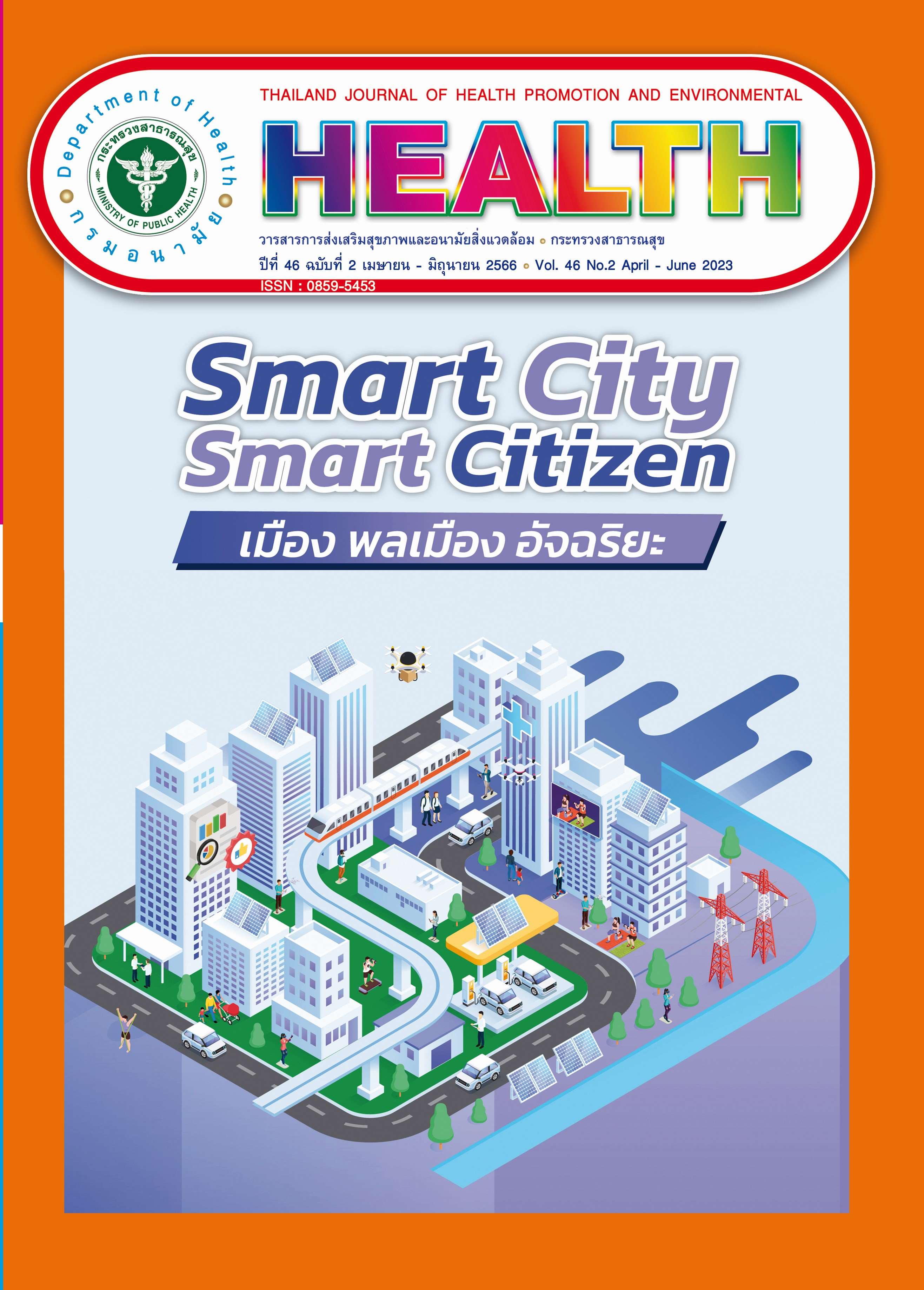Development of a play-promoting model to promote development among Thai preschool children: In the contexts of households and early childhood development centers
Keywords:
Development, Free Play, Physical Activity, preschool childrenAbstract
The objective of this Research and Development is to develop a play-promoting model to promote the development of Thai children aged 2-6 years in the context of family and early childhood development centers in four provinces including Chiang Mai, Ratchaburi, Khon Kaen, and Nakhon Si Thammarat. The research consists of three phases; Phase 1: Literature review, analysis of the current situation, developmental theories, stimulating concepts, and related research both in Thailand and internationally; Phase 2: Development of play-based activities to promote the development of Thai children aged 2-6 years in the context of family and early childhood development centers; and Phase 3: Study the effects of the play-based activities on the development of Thai children through a quasi-experimental research design with pre-and post-test comparison groups. Results of Phase 1 showed that promoting the development of children should consider all five aspects, including gross motor, fine motor, receptive language, expressive language, and personal and social skills. This development should be facilitated through the active involvement of families and caregivers within appropriate contexts and environments. In Phase 2, the developed play-promoting model to promote the development of Thai children aged 2-6 years in the context of family and early childhood development centers consisted of 9 physical activity tasks and 9 free play corners. The content validity index (IOC) was calculated to be 0.85 overall. The IOC value for physical activity tasks was 0.74 (0.67-1), and the IOC value for areas of independent play was 0.96 (0.67-1). In Phase 3, the play-promoting model was implemented through a training program for parents, caregivers, and early childhood educators, conducted three times a week for 60 minutes each session, for 2 months with the sample group. The participants consisted of four subgroups: 1) the experimental group in the family context, 2) the experimental group in the early childhood development center, 3) the experimental group in combined the family context and early childhood development center, and 4) the comparison group. The implementation of the play-promoting model was monitored in the study area, and a comparison of developmental differences was made between the experimental and comparison groups before and after the intervention, both within the experimental groups and between the experimental and comparison groups. Statistical analysis was conducted using the paired sample t-test and one-way ANOVA. The experimental implementation of the play-promoting model to promote the development of Thai children showed significant improvement in age-appropriate development for children in all three experimental groups (p<0.05). When comparing the experimental groups with the comparison group, it was found that the average number of developmental milestones achieved by children in the experimental groups significantly increased (p<0.001, 0.01, and 0.001, respectively). Among the experimental groups, the family context and early childhood development center group had the highest average developmental progress compared to the family context or early childhood development center-only. This indicates the significant role of parents, caregivers, and early childhood educators in facilitating appropriate play that influences children's development. Based on the findings of this study, it is recommended to expand the implementation of this play-promoting model in both family contexts and early childhood development centers to promote the development of Thai children. This can be achieved by involving parents, caregivers, and early childhood educators in creating appropriate play environments that positively impact children's development.
Downloads
Published
Issue
Section
License
Copyright (c) 2023 Thailand journal of Health Promotion and Environmental Health

This work is licensed under a Creative Commons Attribution-NonCommercial-NoDerivatives 4.0 International License.

